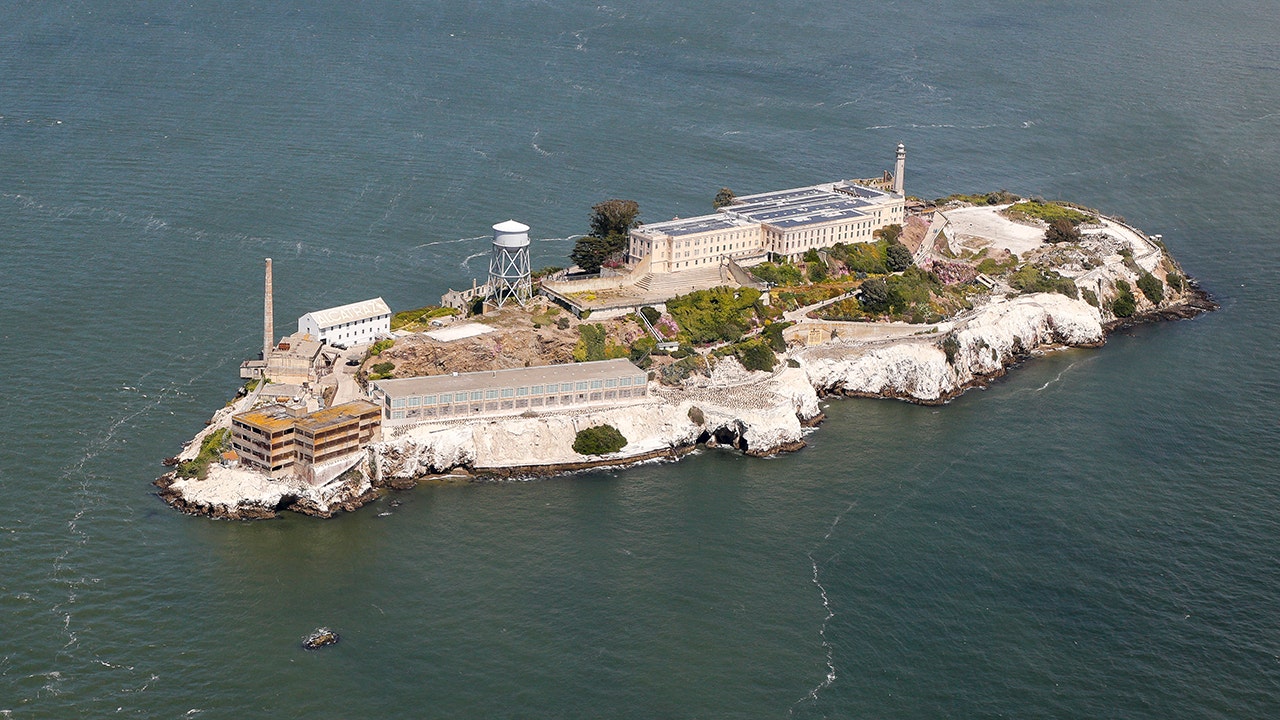
Former FBI Agent Suggests Remote Island as Better Option Than Alcatraz for Housing Violent Criminals
Talk of reopening Alcatraz prison is making headlines again, and this time, it’s not just about nostalgia. Former President Donald Trump recently called on federal agencies to rebuild and revive the infamous island prison to house some of America’s most violent repeat offenders. But at least one former FBI agent says there’s an even better idea — and it involves a remote military-controlled island off the coast of California.
In a post on Truth Social, Trump said he wants a “substantially enlarged and rebuilt” Alcatraz to send a strong message about law and order. “Rebuild, and open Alcatraz!” Trump wrote. “For too long, America has been plagued by vicious, violent, and repeat criminal offenders… This will serve as a symbol of Law, Order, and JUSTICE.”
His message has sparked a range of reactions, including a bold counterproposal from former FBI Special Agent Jonathan Gilliam, who told Fox News Digital that there’s a more effective place to house dangerous inmates: San Clemente Island.
“Nobody Can Hear You Scream Out There”
Gilliam argued that the military island, located about 80 miles off the coast of San Diego and used primarily by the U.S. Navy, would be a better choice than the iconic prison on Alcatraz Island.
“If you want a place that makes hardened criminals think twice,” he said, “forget about Alcatraz — build it on San Clemente Island.”
He described the location as the ultimate psychological deterrent, citing its isolation and military-controlled access. “Just the remoteness of it would send shockwaves through the minds of a lot of criminals. There’s nothing out there. And there’s an unspoken rule: nobody can hear you scream out there,” Gilliam said.
Why San Clemente Might Make More Sense
Gilliam says that from a logistical standpoint, building a facility on San Clemente might be more efficient — and just as effective — at instilling fear and promoting deterrence. The island is currently under the control of the Navy, mostly used for SEAL training and other classified operations, which makes it naturally fortified and hard to reach.
“It’s close enough to operate logistically but far enough that escape is unthinkable,” Gilliam explained. “You’re not swimming away from that place.”
While Trump’s post clearly targeted career criminals, he didn’t offer specifics on how or when such a project might take shape. He called on the Department of Justice, FBI, Bureau of Prisons, and Department of Homeland Security to draft a plan.
A Return to “Serious Nation” Policies?
“When we were a more serious nation,” Trump wrote, “we didn’t hesitate to lock up the most dangerous criminals and keep them far away from anyone they could harm.” He claimed that the new Alcatraz would serve as a permanent solution for offenders who “spread filth, bloodshed, and mayhem on our streets.”
Alcatraz Island, once known for housing Al Capone and other notorious criminals, was shut down in 1963 and is now a tourist attraction operated by the National Park Service.
Gilliam believes the symbolism of isolation is the true value in Trump’s plan. “Alcatraz had a psychological edge. People feared it. We need that kind of symbolism again,” he said. “But San Clemente could be that symbol, too — just even more extreme.”
At this point, there’s no formal announcement about a federal plan to reopen Alcatraz or construct a prison on San Clemente Island. But the conversation itself hints at growing public interest in tougher criminal justice approaches — and Gilliam’s proposal might be the next big idea in that conversation.



